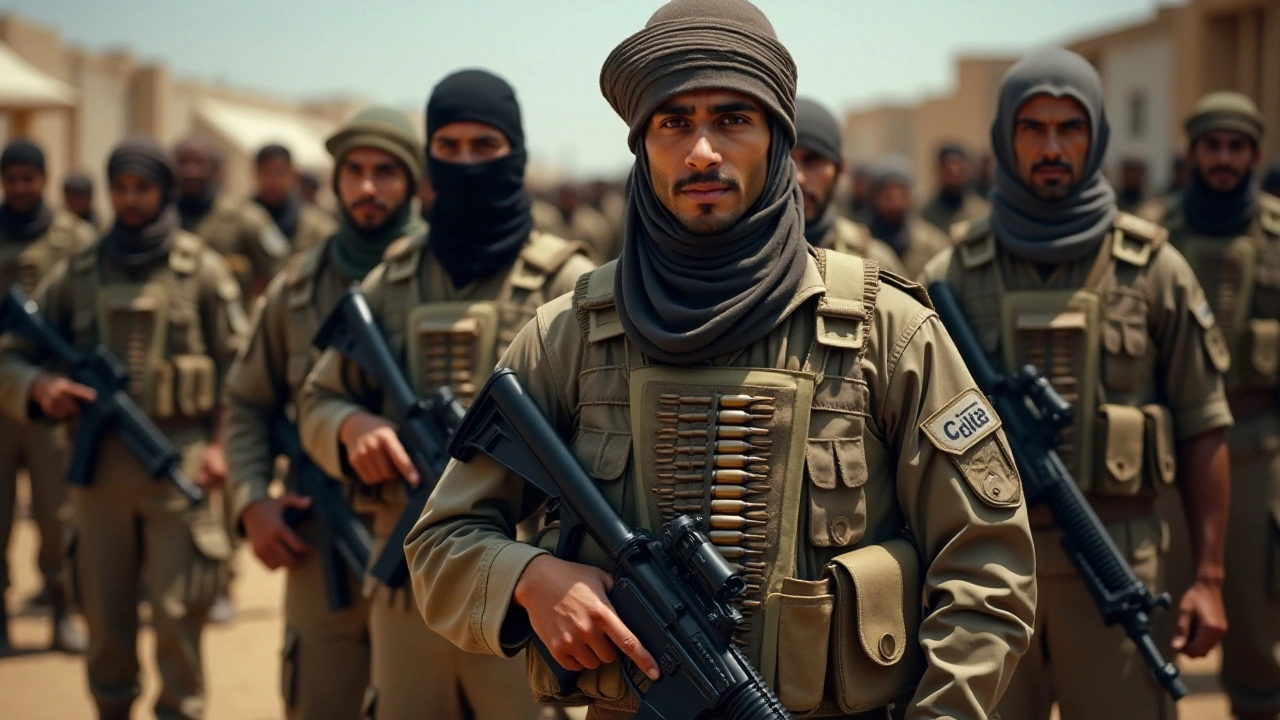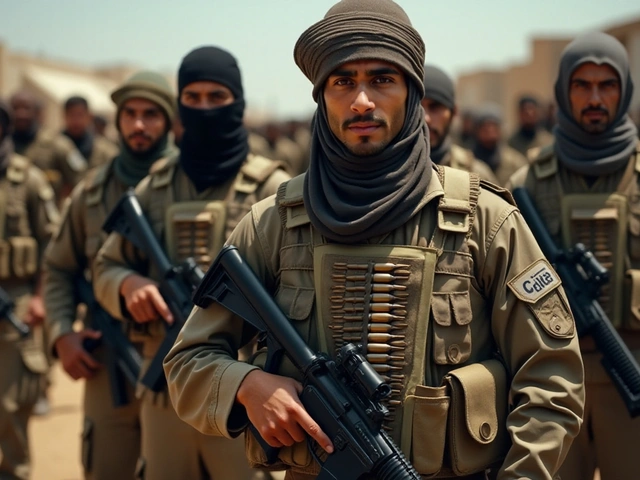Lakurawa Attack on Kebbi State's Mera Community
The recent assault on the Mera Community in Kebbi State has left a deep and painful impact on its residents, with 15 lives tragically lost in an attack attributed to the Lakurawa, a terrorist group with alleged ties to ISIS in the Sahel region. This incident, which occurred on a Friday, adds to the growing concerns of safety and security in the region, drawing not only national but international attention to the escalating threat posed by such groups.
The chaos began in the Augie Local Government Area, known for its pastoral landscape and vibrant communities. The attack was reportedly sparked by an attempted livestock theft from a local herder, an event that reflects an ongoing crisis faced by many in rural areas, where cattle rustling is not just a crime but an attack on livelihoods. The herder, upon realizing the imminent danger, sought refuge and alerted the community, sparking an extraordinary reaction from the people of Mera.
Community Response and Casualties
Responding promptly to the herder's alarm, members of the community banded together in an attempt to confront the aggressors. This collective defense effort highlights the communities' resilience and shared sense of duty to protect one another against external threats. However, in the ensuing conflict, 15 residents lost their lives, while many others sustained injuries that underscore the brutality of the encounter.
The confrontation was fierce, with the locals reportedly managing to kill some of the attackers. Despite their bravery, the Lakurawa group made a hasty retreat, taking with them their injured and dead, a tactic often used by terrorist groups to maintain morale and conceal losses. This retreat, however, does little to lessen the anguish or the immediate sense of vulnerability felt by the people of Mera.
Aftermath and Government Response
The attack has understandably sent shockwaves through the community and the wider Kebbi State. Authorities have acted swiftly, with the Deputy Governor of Kebbi State visiting Mera to offer condolences, a gesture underscoring the severity of the attack and the government's intent to demonstrate solidarity with affected communities. Accompanying him were high-ranking officials, including the Commissioner of Police and the Emir of Argungu, who together form a formidable front against such terror threats.
This coordinated response by local government officials is critical not only for immediate support and reassurance but also for long-term strategic planning to bolster defense mechanisms and improve intelligence operations aimed at preempting future attacks. In statements made to the press, Abdullahi Idris Zuru, the Governor's media aide, admitted to the persistent presence of the Lakurawa and other terror groups in areas of the state. This acknowledgment is a call to action, urging greater vigilance and cooperation between security forces and local communities.
The Broader Implications of Lakurawa's Ties to ISIS
The Lakurawa group's connection to ISIS in the Sahel amplifies the urgency of addressing the problem at a multifaceted level. These ties highlight the transnational nature of terrorism, which requires a concerted domestic and international effort to dismantle networks that thrive on instability and mistrust. It raises pivotal questions about border security, intelligence sharing, and regional cooperation in West Africa – all indispensable in a holistic counter-terrorism strategy.
As IS-affiliated groups continue to proliferate, the stakes for local governments in regions like Kebbi have never been higher. The survival and prosperity of their communities hinge on their ability to neutralize threats, encourage resilience, and foster a stable environment where such malicious acts find no fertile ground. Dialogue, rural development, and investments in education are potential long-term solutions that need to complement immediate security measures.
Path to Recovery and Future Security
In light of this tragedy, the path to recovery for Mera and its residents involves a complex interplay of commemorating the lost, healing the injured, and protecting the vulnerable from future threats. There is an evident need for an inclusive discourse that involves all stakeholders – government bodies, local leaders, and international allies – to ensure that these attacks do not become recurring instances.
Restitution for the victims' families, both moral and material, along with the reconstruction of damaged properties, are vital steps on the road to recovery. Security in Kebbi and similar regions will only be assured through enhanced community policing initiatives, strengthened security infrastructures, and proactive engagement with all levels of society to build resilience and foster intercultural solidarity against shared threats.
The Lakurawa attack might have struck a devastating blow, but it has also galvanized a renewed commitment to ensuring that communities across Kebbi State – and beyond – can live free from terror, looking towards a future defined not by fear, but by peace and prosperity.



8 Comments
Write a comment